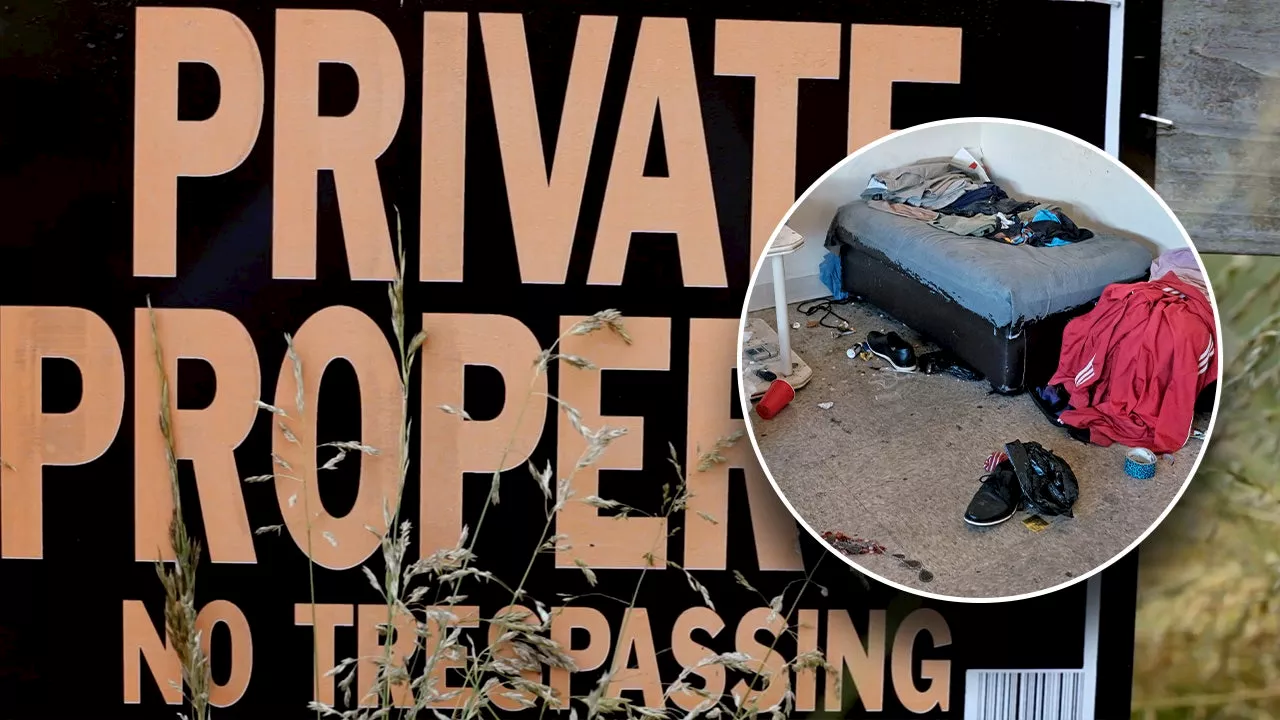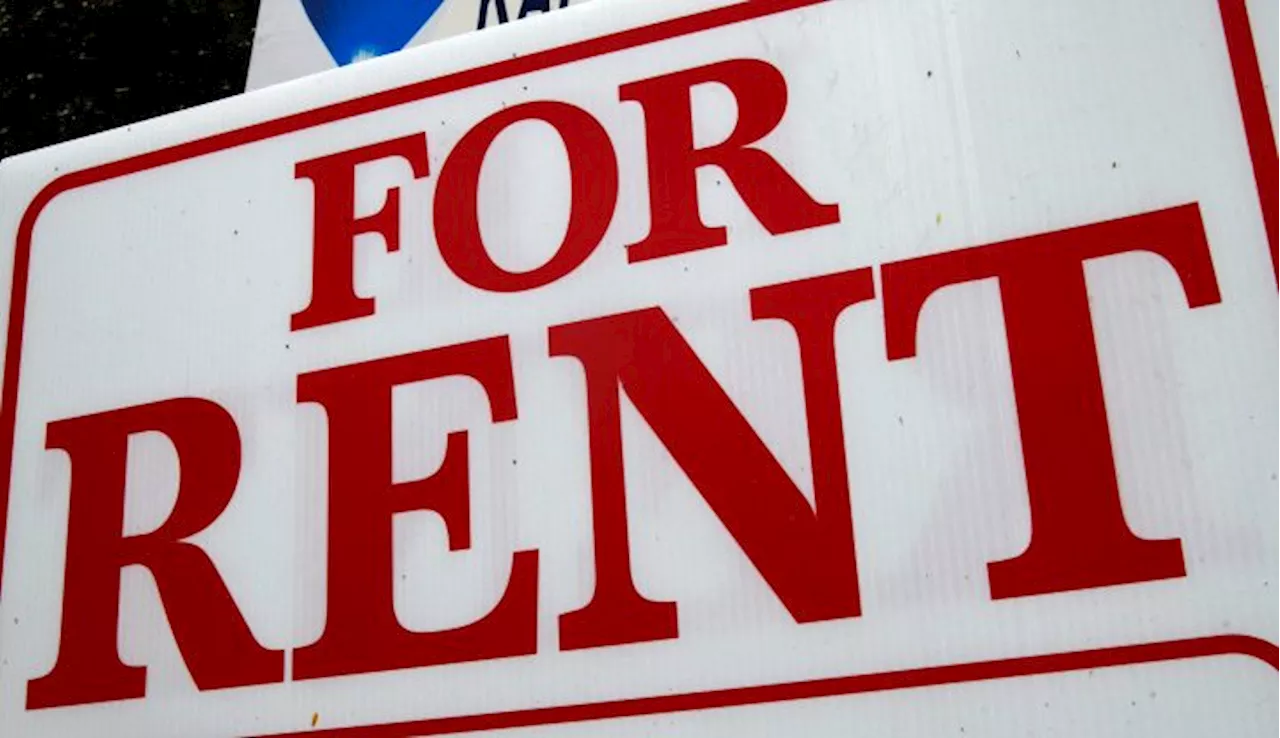Republican candidate Jefferson Griffin's challenge to 66,000 ballots cast in the November 2024 election raises concerns about voter disenfranchisement and the integrity of the democratic process in North Carolina.
Nearly three months after the November 2024 election, a cloud of uncertainty hangs over the results of the North Carolina Supreme Court race. Republican candidate Jefferson Griffin , narrowly trailing Democratic Associate Justice Allison Riggs in an extremely close contest, has launched a legal challenge seeking to have approximately 66,000 ballots thrown out.
This unprecedented attack on the democratic process has sparked outrage among Democrats, voting rights activists, and good government groups.If successful, Griffin's legal challenge would likely result in him claiming the seat, shifting the balance of power on the state's highest court from a 5-2 Democratic majority to a 6-1 conservative majority. This outcome would have significant implications for North Carolina's legal landscape, potentially influencing rulings on critical issues such as abortion rights, voting access, and environmental regulations.The legal battles are playing out in both state and federal courts, with the final decision hinging on the interpretation of election laws and the weight given to Griffin's accusations of voter fraud. Meanwhile, voters like Copland Rudolph, an education foundation leader in Asheville, are caught in the crossfire. Rudolph cast her ballot in the November election, just as she has for many years, confident that her vote would be counted. Now, she faces the possibility of being disenfranchised, her voice silenced in a race that could have a profound impact on her state. Rudolph, like many others, is deeply frustrated by Griffin's actions, urging him to concede the race and respect the will of the voters
North Carolina Supreme Court Election Fraud Voter Rights Jefferson Griffin Allison Riggs Democracy
United States Latest News, United States Headlines
Similar News:You can also read news stories similar to this one that we have collected from other news sources.
 East Carolina Pirates vs. North Carolina State Wolfpack: Military Bowl Preview and PredictionThe East Carolina Pirates and the North Carolina State Wolfpack will face off in the Military Bowl. This in-state rivalry should be a close game, but the author predicts that the Wolfpack will win.
East Carolina Pirates vs. North Carolina State Wolfpack: Military Bowl Preview and PredictionThe East Carolina Pirates and the North Carolina State Wolfpack will face off in the Military Bowl. This in-state rivalry should be a close game, but the author predicts that the Wolfpack will win.
Read more »
 More legal briefs sought in unresolved North Carolina Supreme Court electionA federal appeals court has agreed to hear more arguments involving a close election in November for a North Carolina Supreme Court seat. The 4th U.S. Circuit Court of Appeals on Friday scheduled oral arguments for Jan. 27 and briefing deadlines.
More legal briefs sought in unresolved North Carolina Supreme Court electionA federal appeals court has agreed to hear more arguments involving a close election in November for a North Carolina Supreme Court seat. The 4th U.S. Circuit Court of Appeals on Friday scheduled oral arguments for Jan. 27 and briefing deadlines.
Read more »
 Utahns divided on Trump legal battles as he prepares for presidencyWith President-elect Donald Trump just over a month away from returning to the White House for a second term, what becomes of his legal battles remains controversial.
Utahns divided on Trump legal battles as he prepares for presidencyWith President-elect Donald Trump just over a month away from returning to the White House for a second term, what becomes of his legal battles remains controversial.
Read more »
 Squatters Turn Homes Upside Down, Sparking Legal BattlesAcross the nation, homeowners are facing a growing problem with squatters illegally occupying their properties. This has led to numerous legal challenges and significant financial losses. Recent high-profile cases have prompted several states to enact new laws aimed at curbing squatting and strengthening legal recourse for homeowners.
Squatters Turn Homes Upside Down, Sparking Legal BattlesAcross the nation, homeowners are facing a growing problem with squatters illegally occupying their properties. This has led to numerous legal challenges and significant financial losses. Recent high-profile cases have prompted several states to enact new laws aimed at curbing squatting and strengthening legal recourse for homeowners.
Read more »
 Google Faces High-Stakes Legal BattlesGoogle faces a critical week in court as it attempts to defend its advertising business against accusations of monopoly. The outcome of the trial could force significant changes to Google's core operations. Meanwhile, Google faces a multitude of legal challenges from various fronts, including antitrust lawsuits, regulatory investigations, and disputes with competitors.
Google Faces High-Stakes Legal BattlesGoogle faces a critical week in court as it attempts to defend its advertising business against accusations of monopoly. The outcome of the trial could force significant changes to Google's core operations. Meanwhile, Google faces a multitude of legal challenges from various fronts, including antitrust lawsuits, regulatory investigations, and disputes with competitors.
Read more »
 Sober Living Empire's Troubled Legacy: Unpaid Rent and Legal Battles in Huntington BeachThis article explores the financial fallout of Nathan Young's addiction treatment empire, specifically focusing on unpaid rent and legal disputes with landlords in Huntington Beach. It details the exorbitant rental costs Young's sober living companies incurred, the missed payments, and the lengthy eviction processes that ensued. The article also highlights the legal arguments employed by Young, often invoking his status as a recovering addict to shield himself from financial repercussions.
Sober Living Empire's Troubled Legacy: Unpaid Rent and Legal Battles in Huntington BeachThis article explores the financial fallout of Nathan Young's addiction treatment empire, specifically focusing on unpaid rent and legal disputes with landlords in Huntington Beach. It details the exorbitant rental costs Young's sober living companies incurred, the missed payments, and the lengthy eviction processes that ensued. The article also highlights the legal arguments employed by Young, often invoking his status as a recovering addict to shield himself from financial repercussions.
Read more »
